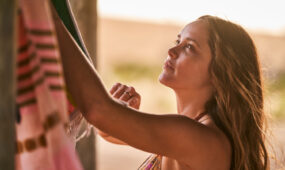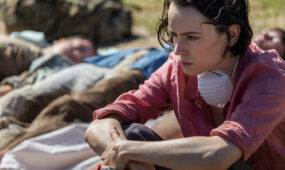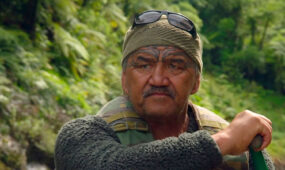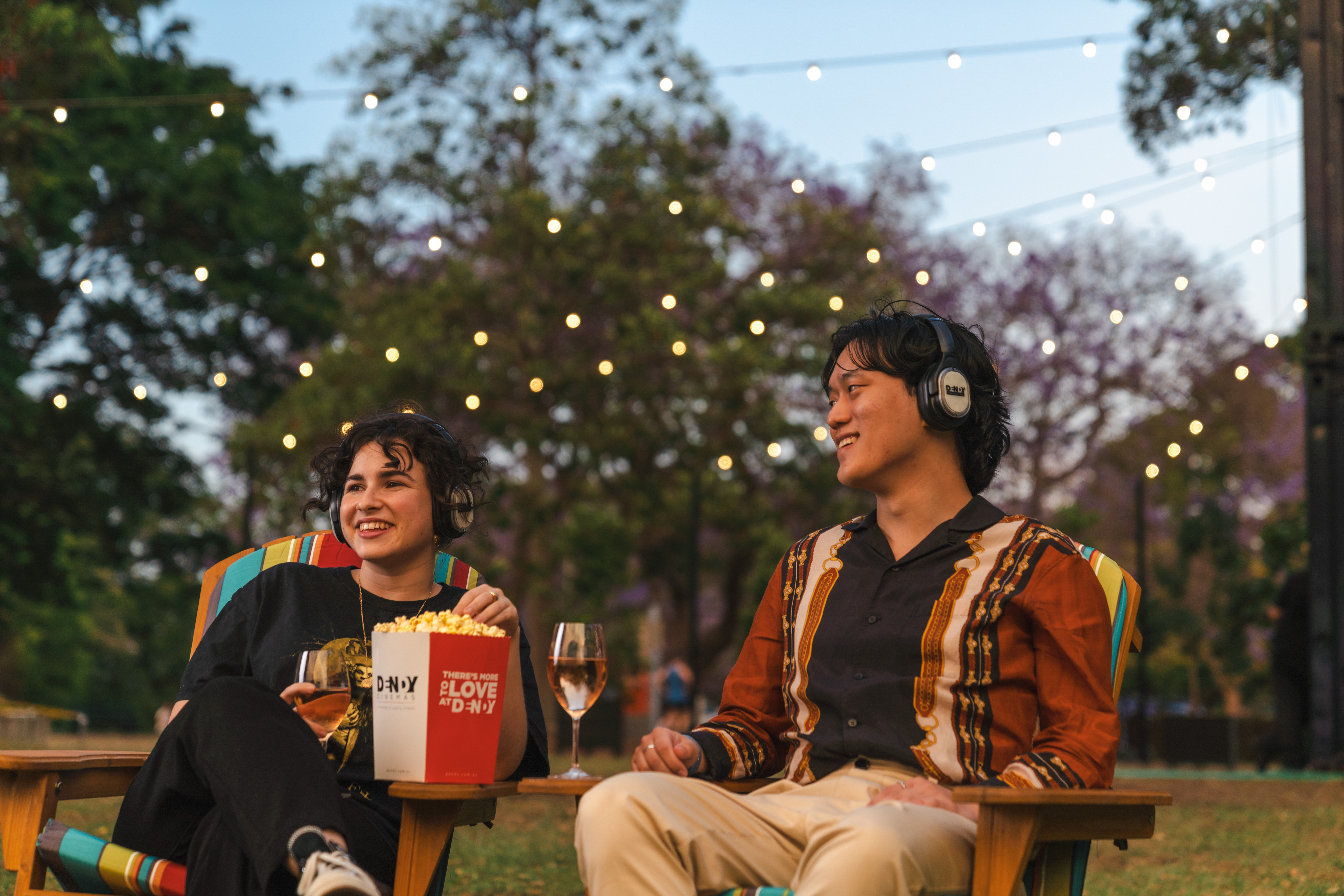From SA to Mosul to the big screen
Film & TV
After working as an emergency responder in conflict-stricken regions in Iraq, South Australian-born Priya Pavri now hopes to share her passion for social justice through documentary filmmaking.

Pavri, who grew up in the mid-north of South Australia and is now based in Adelaide, says she has always been curious about documentary filmmaking, but never grasped the technical skills to translate her ideas onto the screen.
The 26-year old lawyer recently spent 11 months working for a German emergency response organisation in Iraq, where she and her team provided trauma and medical care for people affected by the ongoing conflict.
“Being in Iraq, I was at the core of where displacement was taking place,” Pavri tells InDaily.
“We spent a lot of time in areas close to the Syrian border, where the war against ISIS was really raging – a war that has seen the largest number of people displaced since World War II.
“When you see a lot of destruction, you want to think about how you can reconstruct stories and spaces.”
Pavri says that towards the end of her time in Iraq, a chance encounter with a group of young people in the northern city of Mosul inspired her desire to use film as a means of reconstructing stories in the wake of displacement and conflict.
The group had met to discuss how they could rebuild Mosul University, which had been mostly destroyed during the ISIS attacks.
“The library and student bases were heavily targeted and destroyed by ISIS, and there were many people who wanted to rebuild what had been lost,” Pavri says.
“We had a meeting of young people who were volunteering or wanting to help out, and many of them had been students or working in the arts and humanities.
“It reminded me in a way of my friends at home – how my friends were writing or creating and wanting to contribute back to society.
“I thought that was a really powerful thing in the context where a lot of their institutions and structures have been completely destroyed.”
Having returned to Australia in June, Pavri was this week announced as one of seven emerging artists awarded a 2019 fellowship by SA arts organisation Carclew. She will receive almost $12,000 to undertake a social justice and arts mentorship with Adelaide-based filmmaker Madeleine Parry, whose credits include the Hannah Gadsby Netflix hit Nannette.
No one wants to be displaced, no one wants to leave their home, but a lot of people don’t get a choice
The fellowships are funded by the State Government and donations to Carclew, offering career assistance for young artists and arts workers looking to develop their skills in the industry.
Pavri says she hopes to use her fellowship to create films that focus on social justice issues, including Australia’s treatment of refugees and asylum seekers. It will also provide her with an opportunity to develop her technical filmmaking skills.
“Working with Maddie will really give me an opportunity to develop technical skills in documentary filmmaking, whereas my experience previously in filmmaking has been very much ad-hoc and self-taught on the ground,” she says.
“We’ve got photojournalists and journalists in the media that spend time in different communities to collect stories about Australian society and I got a bit jealous of them being able to do this work.
“During he fellowship I think I’ll be able to refine the technical skills which will allow me to pursue some projects that I think will have the ability to make societal change.”
Pavri’s long-term filmmaking goals include creating documentary films that reflect what she describes as the “missing link” in the Australian media’s coverage of refugee and asylum seeker issues.
She says from spending time in Iraq, she has developed a greater understanding of the root causes and impacts of forced displacement.
“For a lot of people it’s a necessity, not a choice – no one wants to be displaced, no one wants to leave their home, but a lot of people don’t get a choice.
“I think so often when we have conversations in our media more locally we sort of talk about it in terms of the last link in the chain – the link of the person who is trying to get into Australia via seeking asylum or refugee status, but we sometimes forget the conversation that comes before.

Get InReview in your inbox – free each Saturday. Local arts and culture – covered.
Thanks for signing up to the InReview newsletter.
“Being there [in Iraq] was for me the first link and the first step of understanding the why.
“Now that I’m back home, having conversations here is the final link to look at how we incorporate their stories in our national conversations.”
Support local arts journalism
Your support will help us continue the important work of InReview in publishing free professional journalism that celebrates, interrogates and amplifies arts and culture in South Australia.
Donate Here





Comments
Show comments Hide comments